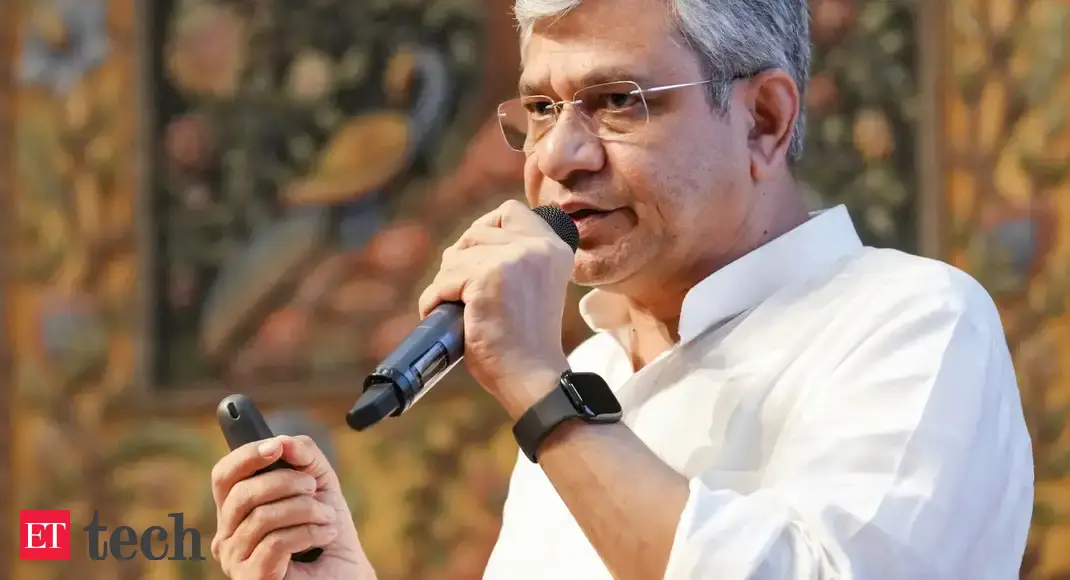

India is making significant strides in strengthening its domestic electronics manufacturing capabilities to reduce reliance on other countries. Union Minister Ashwini Vaishnaw has emphasized the country's commitment to developing its own skills and supply chains in a methodical and sustained manner.
Push for Domestic Electronics Manufacturing
According to Vaishnaw, India aims to achieve 38% value addition in electronics manufacturing within the next five years. This target is comparable to China's current value addition in electronics assembled in India. The strategy involves reducing dependence on Chinese know-how and leveraging ecosystems in Taiwan, the U.S., and South Korea, alongside nurturing domestic talent.
The government is actively backing the expansion of the electronics sector through initiatives like the Rs 76,000 crore India Semiconductor Mission and the Rs 23,000 crore components incentive program. Vaishnaw has also highlighted key developments such as Tata Electronics' upcoming chip assembly plant in Assam and the Micron facility in Gujarat, which will supply memory chips.
India's electronics sector is currently valued at around $145 billion and is growing at a compound annual growth rate (CAGR) of 20%. Production of electronics in India has increased five times in the last ten years, reaching ₹11 lakh crore. The government has also acquired electronic design automation (EDA) tools and provided them free of cost to 240 universities to boost design capabilities.
The first Made-in-India semiconductor chip, with 28-90 nm technology, is set to be rolled out this year. Six units are currently under construction. These chips are targeted for use in automotive, telecom, power, and train applications.
Startups and Aadhaar KYC
Consumer internet startups are seeking government approval to use Aadhaar authentication for onboarding gig workers. Food delivery, e-commerce, and ride-hailing platforms face challenges in onboarding gig workers using Aadhaar-based eKYC.
The Ministry of Electronics and IT (MeitY) has increased scrutiny of identity verification startups like Surepass, Digitap, Zoop, and Signzy for potential unauthorized access to Aadhaar, PAN, and GST databases. MeitY has restricted access to some of these companies' websites through certain telecom networks. The government is checking if these firms are using authorized service providers or bypassing protocols. These identity verification platforms work with financial services firms, consumer-facing startups, and other entities that need to authenticate businesses or consumers. They use these services to check for fraud and to underwrite clients.
The government permits regulated entities like banks to use Aadhaar under license to authenticate their customers. Authorities are investigating the routes being used by startups to offer verification services.
The Supreme Court has previously declined pleas to link Aadhaar with social media accounts.